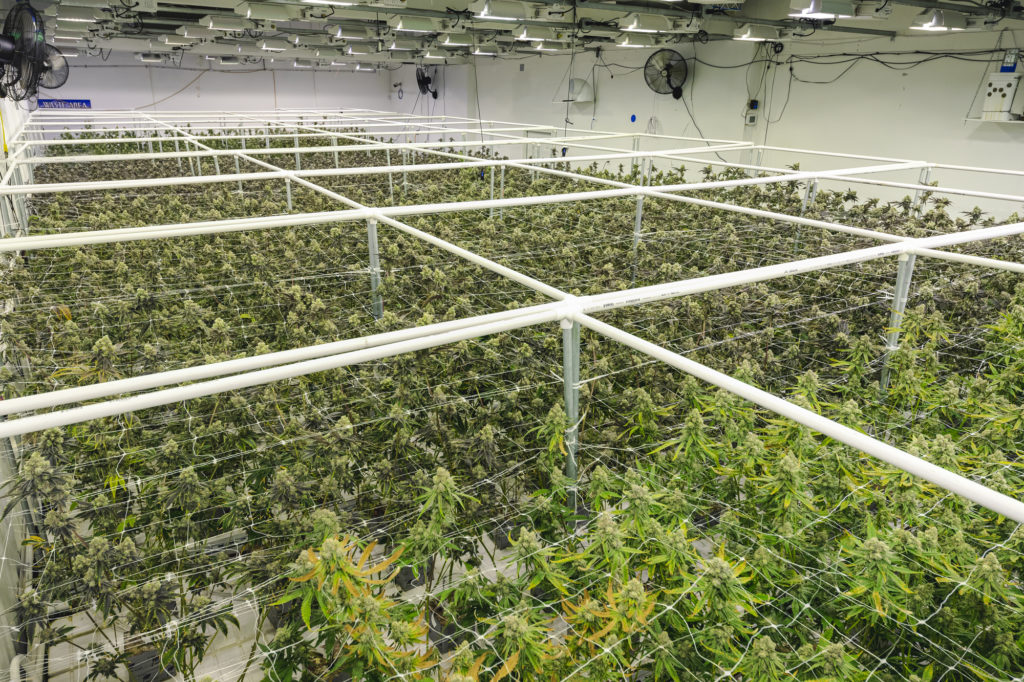
Continuing our series on New York’s cannabis rules and regulations (the Rules), we’re breaking down everything you need to know about the cultivation licenses (check out our other posts in the series here and here). Because there is so much information packed into the regs, we’re doing this FAQ style.
What are cannabis cultivation licensees licensed to do? Acquire, possess, cultivate, trim, harvest, dry and cure cannabis at its licensed premises (emphasis added). Sell cannabis to a processor, microbusiness, cooperative, ROD (Registered Organization with Dispensing), ROND (Registered Organization Non-Dispensing) or a cannabis research licensee. Send cannabis to a processor, but keep ownership of the cannabis. If the cultivation licensee has a processor license, purchase cannabis from another cultivator for processing.
There are also a ton of operational requirements in terms of the actual cannabis cultivation process, including labeling and tracking requirements. We’ll dive into those rules in a later post.
What are the cannabis cultivation license tiers?
There are four different license types for cultivation: (i) outdoor; (ii) mixed light; (iii) combination (outdoor with mixed light); and (iv) indoor.
Here are the tiers for indoor, mixed-light, or outdoor cultivation:
Tier I: Up to and including 5,000 sf
Tier
Read full article on HarrisBricken


